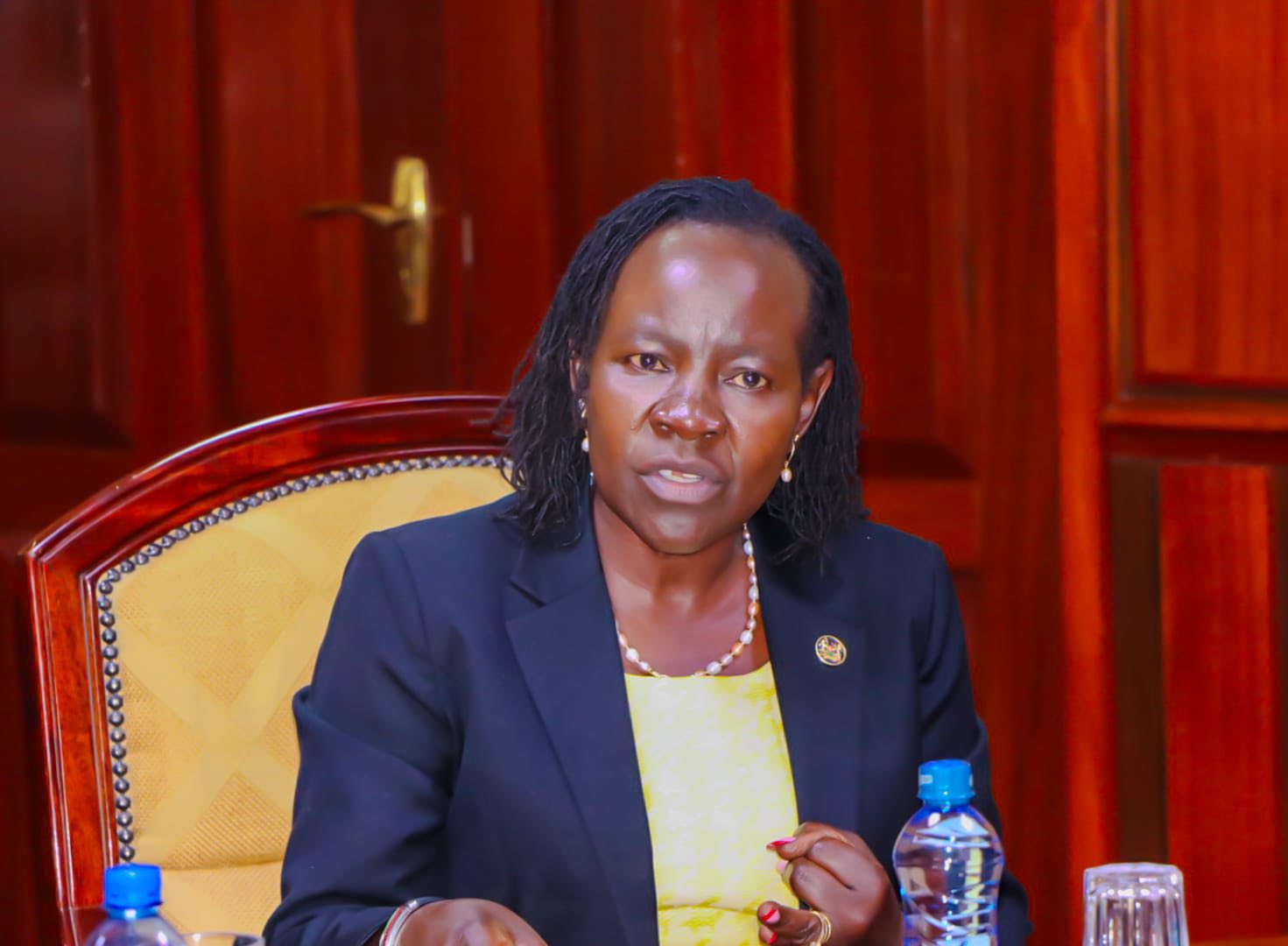The new Teachers Service Commission (TSC) 2025 promotion interview scoresheet gives teachers aged 57 and above the highest marks in the 24,000 promotional slots announced this month, clearly favouring age and experience.
According to the 2025/26 promotion cycle framework, teachers who have remained in the same job group for extended periods will receive the highest marks during interviews. A teacher aged 57 who has served in one grade for seven years will automatically score top marks in the age and experience categories, giving them a significant edge over younger colleagues.
The standardised scoring sheet, developed to ensure fairness and merit-based evaluation, allocates 50 marks for length of stay in the current job group, making it the most heavily weighted category. Teachers with three years in the same grade will earn 10 marks, while those with longer tenures will score progressively higher.
The guide awards 30 marks to teachers aged 57 and above, 25 marks to those between 52 and 56, and 20 marks to those aged 47 to 51. Teachers aged 42 to 46 will receive 15 marks, while those 41 and below will only earn 10 marks in this category.
The scoring system also considers academic and professional qualifications, with marks awarded based on the highest degree attained. Doctorate holders will receive the full score (5 out of 100), followed by those with Masters (4) and Bachelor’s (3).
ALSO READ;
PS Shaukat urges universities to drive food security research in ASAL regions
Performance management, assessed through the Teacher Performance Appraisal and Development (TPAD) tool, carries 10 marks. Teachers with an average TPAD rating of 81 percent or higher over the past three years will receive full points.
Additional marks will be awarded to teachers who have taken on professional roles beyond the classroom. This includes serving as examiners for KNEC, panellists for KICD, trainers under CBC and Timec, and contributors to institutions such as the Kenya Institute of Special Education, Kenya Education Management Institute, and CEMASTEA. These roles attract up to five extra marks.
For administrative positions such as Chief Principal (Grade D5/T-Scale 15) which is the highest rank in public schools, the scoring model is replicated across other leadership levels, including Senior Principal, Principal, Deputy Principal, Headteacher, and Senior Lecturer.
TSC says the guidelines are anchored in constitutional principles of transparency, accountability, fair competition, and affirmative action. “Promotions will be based on equity, fairness, merit, integrity, professionalism, and inclusivity,” the Commission stated.
TSC has developed 32 grade-specific scoring guides to standardise the process across all levels as interviews for the promotion cycle is expected to begin in the coming weeks.
ALSO READ;
Alarming disparity in KPSEA results sparks calls for urgent aid to ASAL counties
Teachers shortlisted for promotion interviews will be required to present a set of documents during the evaluation process, with the number and type varying depending on the position applied for.
Classroom teachers will submit fewer items, those eyeing administrative roles such as headteacher or principal must provide additional documentation. These include original academic certificates, national ID, letters of appointment and promotion, recent payslips, and performance appraisal reports for the past three years.
After successful interviews, candidates must also submit clearance certificates from key agencies including the Directorate of Criminal Investigations (DCI), Higher Education Loans Board (HELB), Kenya Revenue Authority (KRA), Ethics and Anti-Corruption Commission (EACC), and a licensed Credit Reference Bureau.
Applicants are reminded that the submission deadline for promotion applications is Monday, 25th August 2025, by midnight. Late entries will not be considered.
By Masaki Enock
You can also follow our social media pages on Twitter: Education News KE and Facebook: Education News Newspaper for timely updates.
>>> Click here to stay up-to-date with trending regional stories
>>> Click here to read more informed opinions on the country’s education landscape






